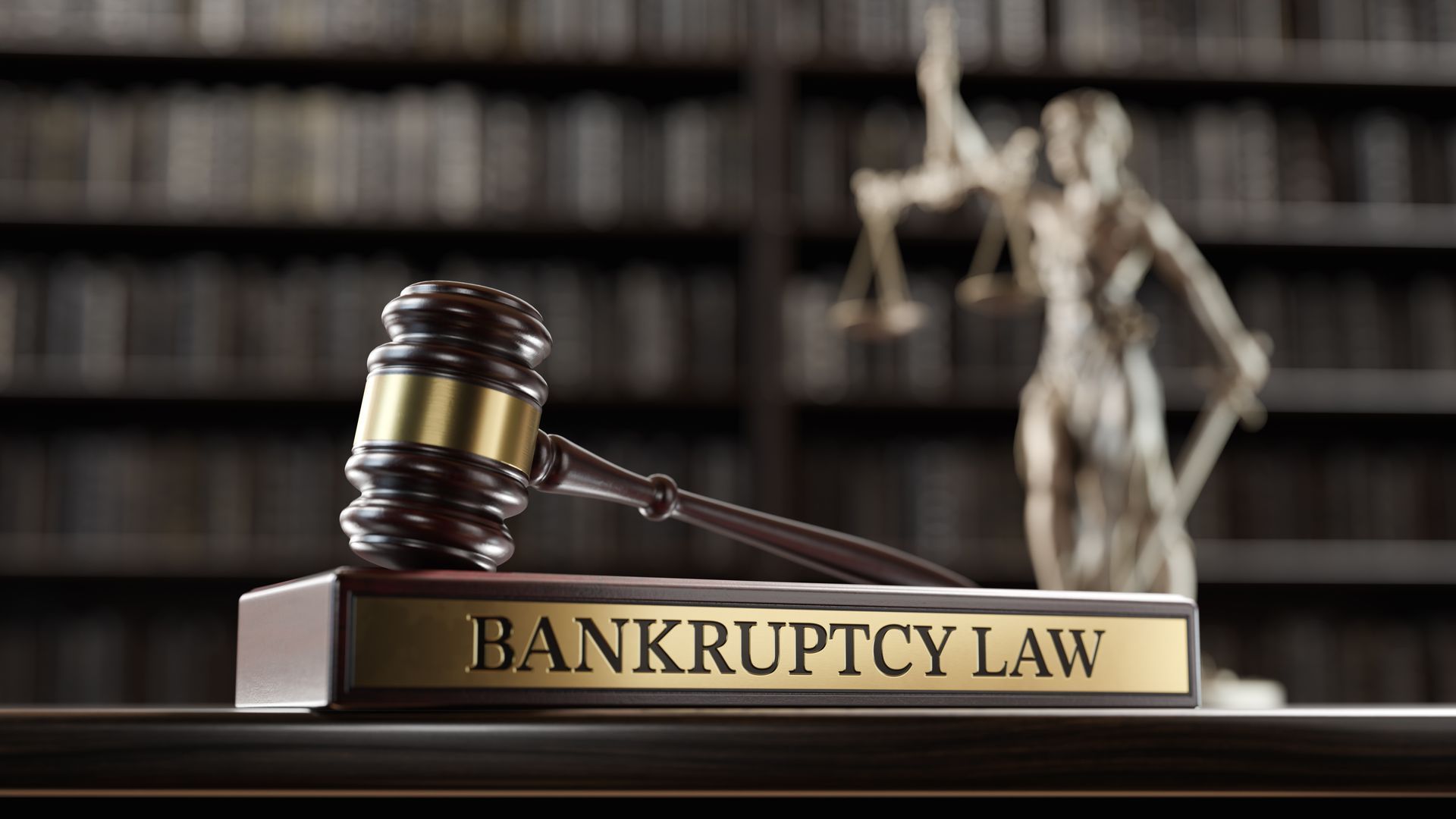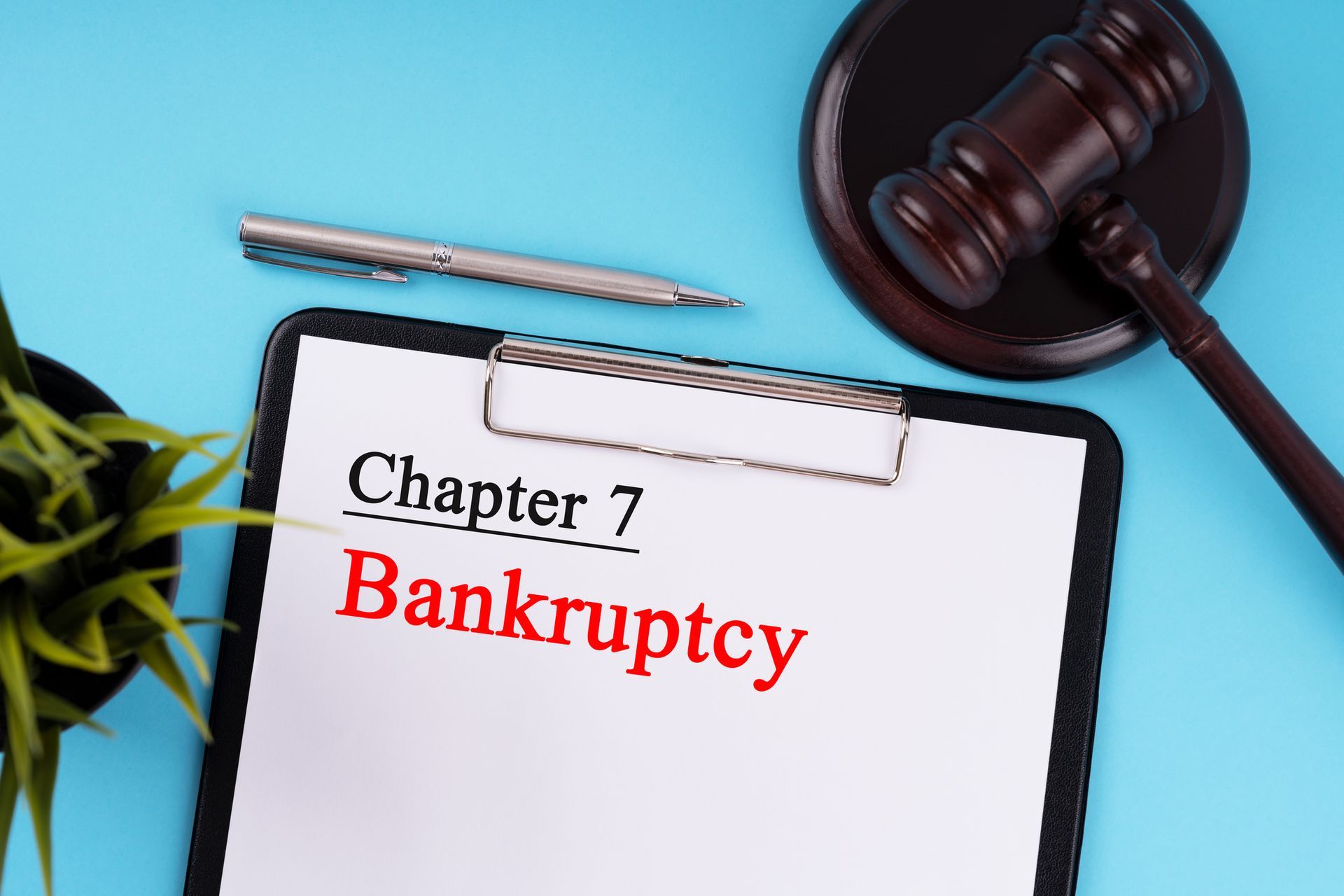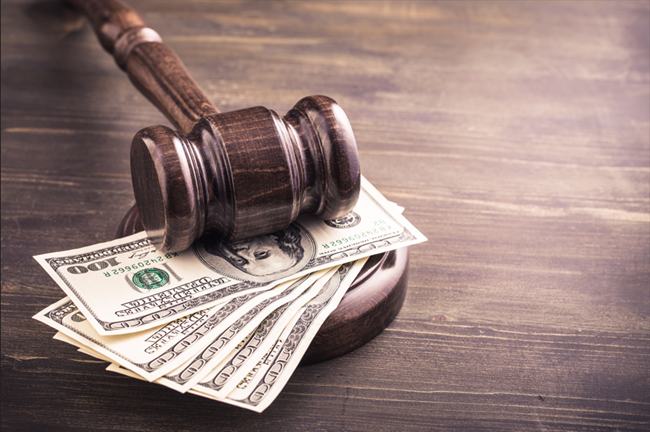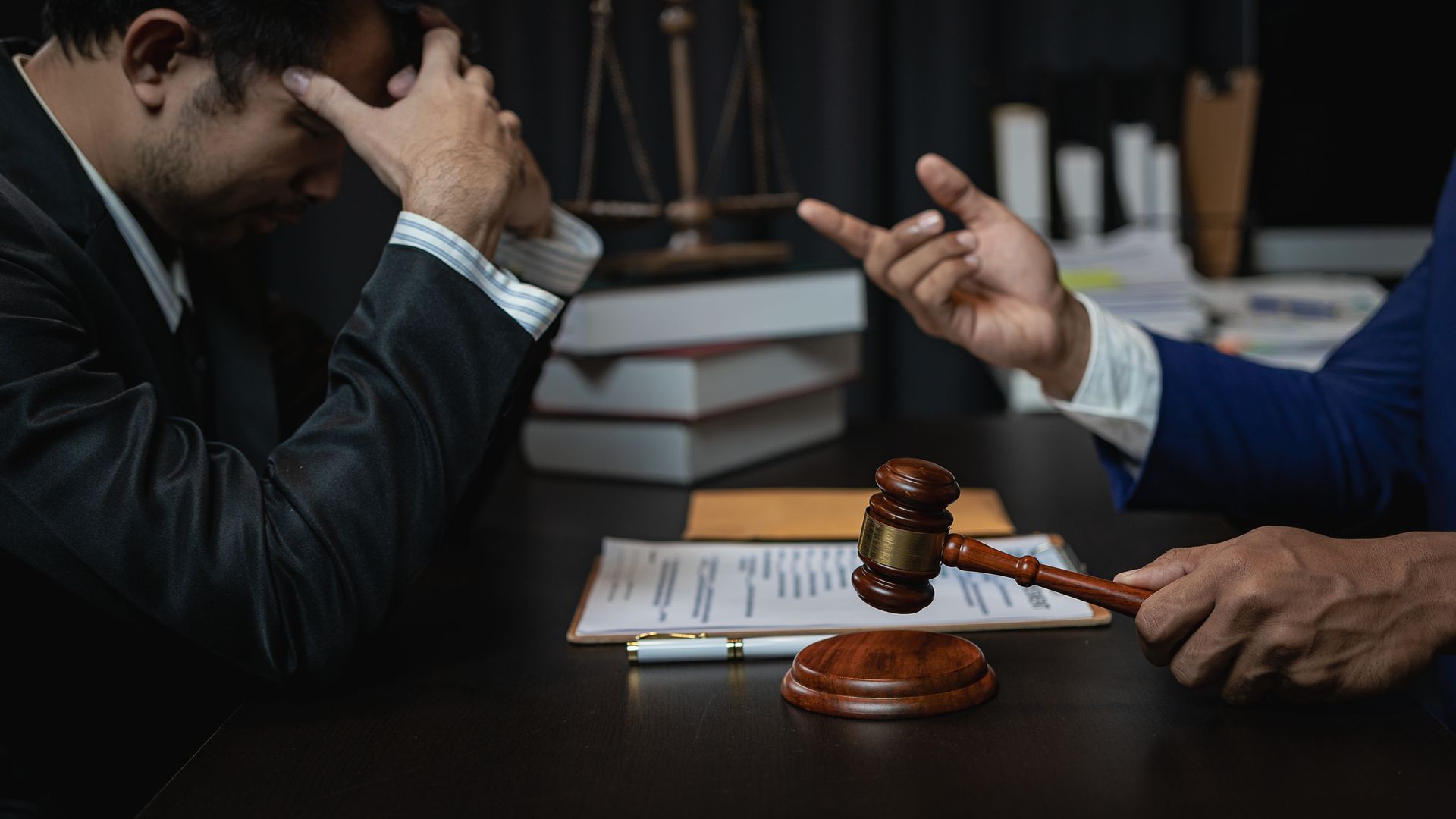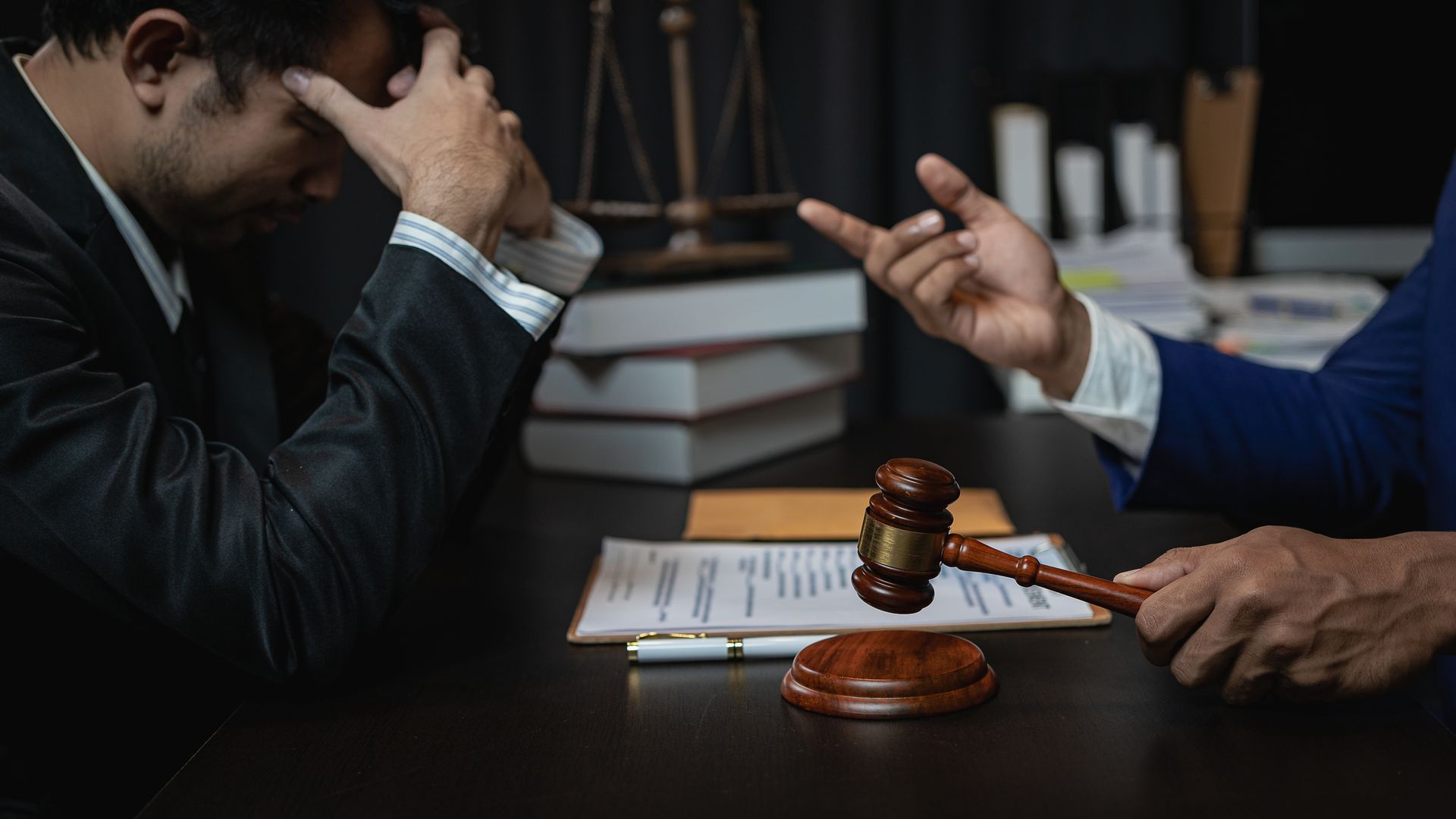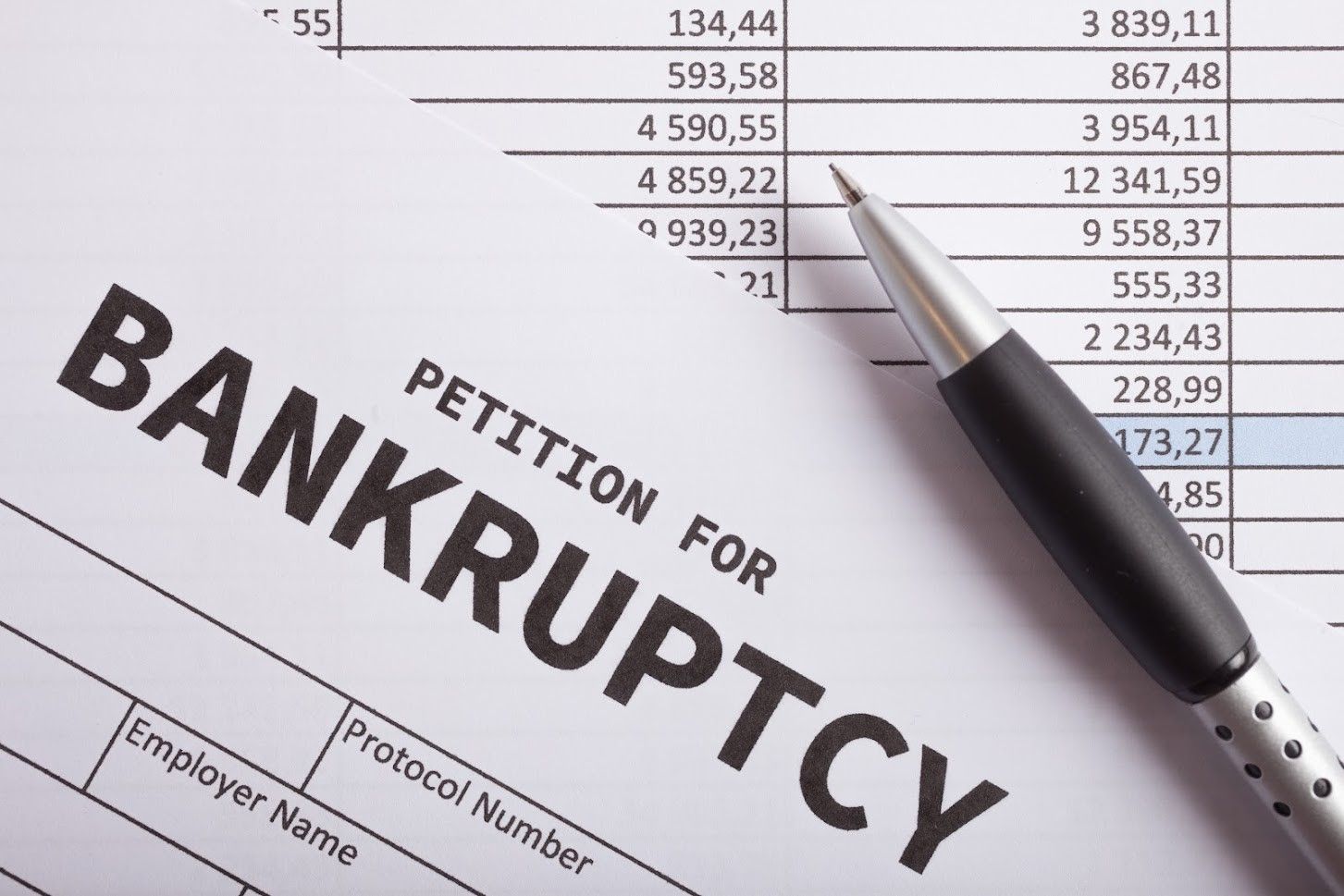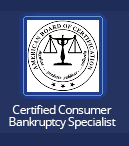Bankruptcy Exemptions: The Federal Rules Versus Michigan Rules

When facing bankruptcy, one of the key ways to protect your finances and your assets is to understand how the exemptions work. Bankruptcy exemptions — assets and money that are not subject to seizure in order to satisfy your debts — allow a debtor to continue their daily life and start over without losing absolutely everything.
In Michigan, debtors are allowed to use either the state's list of exempt property or the federal list of exemptions. Which should you choose? Here are some key differences and similarities so you make the best call for your particular circumstances.
Homestead Exemption
Both Michigan and the federal statutes allow you to exempt a portion of the equity in your primary home. Keep in mind that this is not the value of your home or the loan left. Equity is the difference between what the home is worth and what you owe on it.
The homestead exemption is a big reason why a Michigan homeowner may opt for the state's exemptions. While many states are less generous than the federal exemptions, Michigan's currently exceed them. The state allows more than $35,500 for most homeowners whereas the federal rules only allow around $25,000. You may be able to exempt even more if you are over 65 or disabled.
Vehicle and Personal Goods Exemption
The vehicle exemptions of both Michigan and the federal rules are fairly similar, with the federal guidelines often being a few hundred dollars more than the state. Since most debtors do want to keep their vehicle, those few hundred dollars could be important.
Both federal exemptions and Michigan rules allow you to exempt a set number of personal goods and items used to earn a living. This category includes things such as utensils, decor, furniture, appliances, and books. Here is another place where the federal law may outdo state law. The state allows a combined exemption of about $3,500 while the country-wide exemptions are nearly triple that amount.
Wages Exemption
When determining what you have that could be used to satisfy debts, your paycheck is part of the equation. According to the federal exemptions, all your wages could be included in certain calculations. However, Michigan allows you to exempt a portion for use in daily living. In Michigan, this could exempt between 40 and 60 percent of your wages depending on whether or not you are responsible for the household.
Wildcard Exemption
The last big category of exemptions that most debtors have to worry about is called the wildcard exemption. A wildcard exemption is a set amount of money that you may use to cover something that wouldn't otherwise be considered exempt. You might use it to exempt, for instance, your prize figurine collection or that project car that you want to give to your teenager when they get their license.
The wildcard exemption can also serve as an additional protection for something that’s value exceeds its exemption limit. You could use it to protect additional equity in your home or, more often, your vehicle. You could even add it to your personal goods exemption if you have items that are of more value than allowed.
Michigan doesn't offer a wildcard exemption, but the federal list does. While the amount is not huge — in some cases, just a little over $1,000 — it often may be combined with any unused homestead exemption.
Clearly, there is no one right or wrong answer to which exemption is better. Because of the variations and similarities in both sets of rules, the decision is unique to your own individual assets and debts. And the specific dollar amounts are revised on a regular basis.
The best way to make the right choice is to work with an experienced Michigan bankruptcy attorney. Charles J. Schneider PC is ready to help. Call today to make an appointment.


